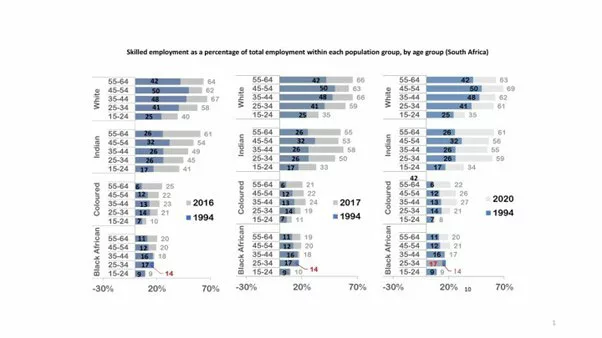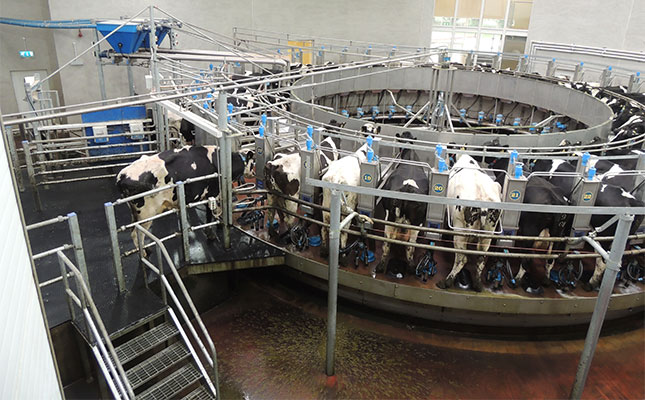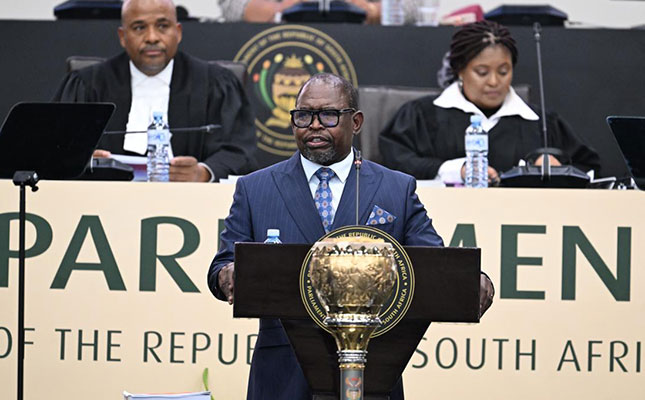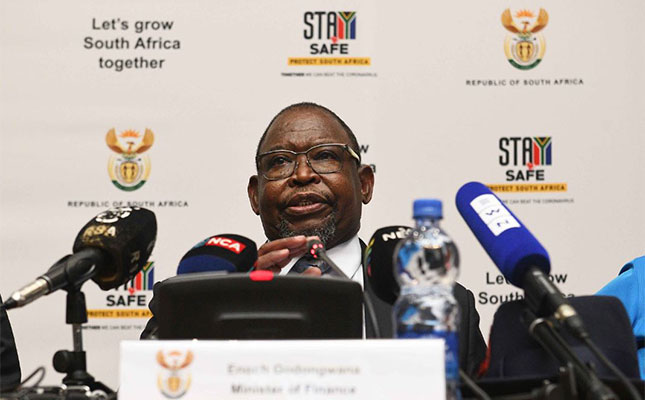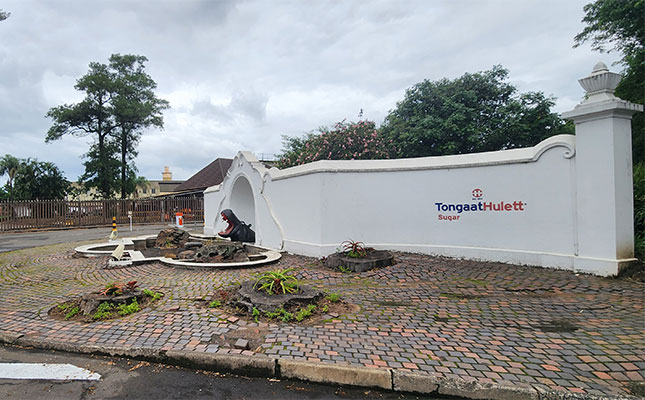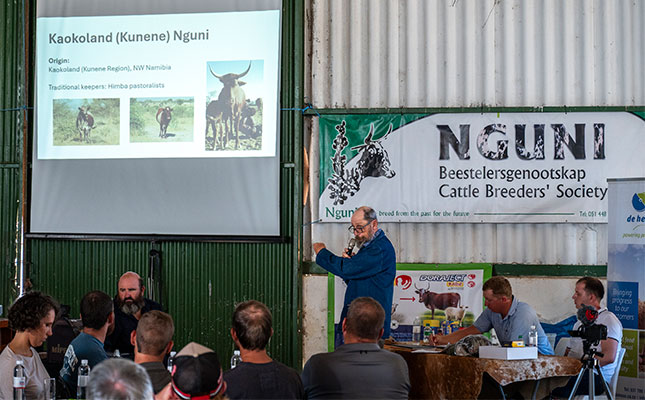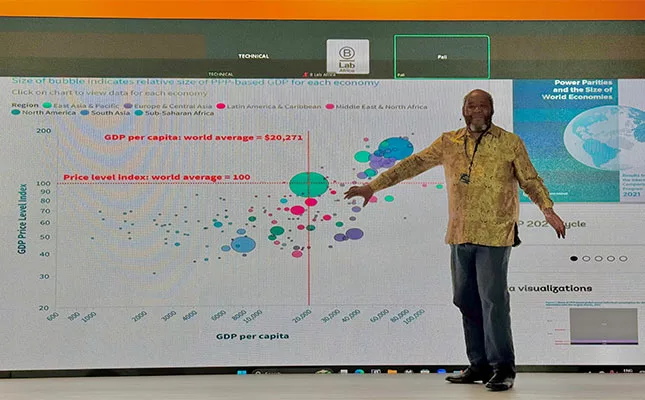
The summit, attended by policymakers, business leaders, academics, and innovators across Africa, aimed to address Africa’s readiness to take decisive action on climate, inclusive growth, and sustainability.
In his keynote address, Lehohla noted that despite broad-based black economic empowerment and other economic transformation and education policies implemented since the dawn of democracy, black and coloured South Africans have witnessed declining progression in skilled employment and higher education outcomes.
On the other hand, he pointed out, whites and Indians are showing sustained progression on these fronts.
According to Lehohla, the different policy documents the government has produced over the past 30 years, including the National Development Plan, which were meant to strategically address the problems that the nation is facing, are not worth the paper they were written on.
“The problem is that these plans do not have future proofs. A plan is something that intends to do something and will have results. What has these plans, including the National Development Plan, delivered?”
According to Lehohla, housing and food represent over 68% of expenditure for the poor.
“There are large disparities in proportions spent on categories such as food, transport, and insurance between poorest and wealthiest. The high cost of water, electricity and food contributes to the problem we are facing. Other factors that induce poverty include low income, low education, no access to social protection, and no access to finance,” he said.
“It is very sad that South Africa, who is blessed with many resources and vast mineral wealth, remains economically stagnant, and that 55% of its population still live below the poverty line.”
With regard to education, he stressed that education is central to nation-building and an important instrument for transformational development. He cited census data from the 2001 and 2011 censuses as well as from a 2016 community survey pointing out that the numbers show a declining progression for black and coloured citizens at the completion rate of higher education levels.
“In the 1970s and 1980s, for every black graduate with a B-degree, there were 1,2 white graduates with the same qualification. By 2016, Statistics South Africa data shows this gap increased to six white graduates for each black graduate,” he noted.
Lehohla showed that the 2022 census confirmed the same trend with regard to graduates. “Whites sustained their apartheid advantage, with Indians gaining the most in post-apartheid South Africa.”
Lehohla believes poverty and a lack of available money are among the main factors impeding black progression in higher education.
As a result, the same kind of trend can be seen with regard to skilled work opportunities. According to Lehohla, a 2020 survey revealed a substantial difference in skilled workers and work opportunities between white and Indian/Asian populations, and coloured and black populations.
“The proportion of skilled workers increased from 42% in 1994 to 61% in 2020 among the white workforce, and among the Indian/Asian workforce, from 25% to 51% over the same period.”
Lehohla pointed out that according to these statistics, only 15% of blacks and 20% of coloureds make it into the skilled workforce.
“We can conclude from these figures that the new dispensation has not benefitted the black majority and coloureds as groups, while whites and Indian South Africans have progressed significantly during this period.”
He added that the productivity levels in Africa show the same trends. “The productivity of Africa is well below the rest of the world.”
He noted that while we must face the truth about climate change, it is also important to face the truth about the dire situation in South Africa at present with regard to education levels, standards, skilled labour, employment, and productivity. “We are in deep trouble,” he said.
According to him, three things should be done to grow the economy:
- Increase productivity; create jobs; and open trade opportunities.

